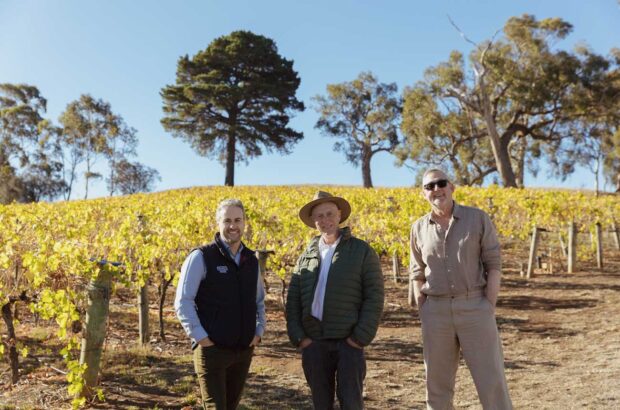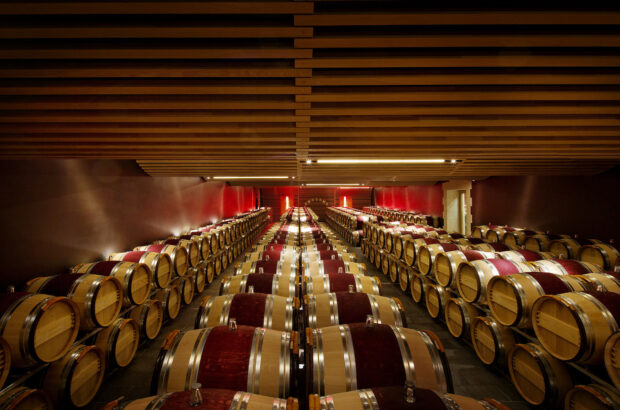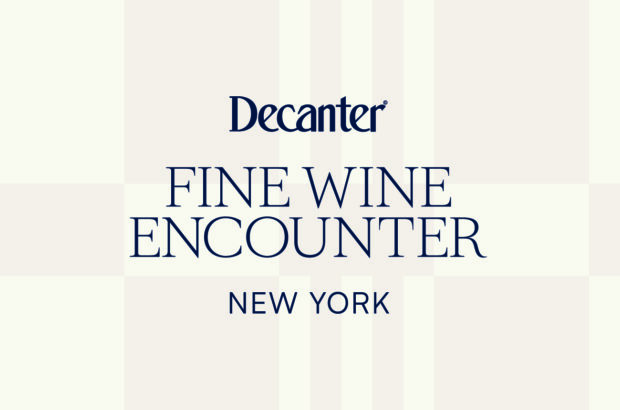Understand how wine is labelled with Wine Folly's guide...
Decanter.com has teamed up with the publisher of Wine Folly’s book, A visual guide to the world of wine, to bring you several excerpts on understanding wine.
Wine labels: By variety

Credit: Wine Folly
Wines can be labelled by grape variety. This German wine example has the name of the grape variety – Riesling – listed on the label. Each country requires a minimum percentage of the variety in the wine in order for it to be listed on the label:
75% – USA, Chile, New Zealand, South Africa, Australia
80% – Argentina
85% – Italy, France, Germany, Austria, Portugal, UK
Wine labels: By region

Credit: Wine Folly
Wines can be labelled by region. This French wine is labelled as a Bordeaux Superieur. If you learn about Bordeaux, you will learn that this region grows primarily Merlot and Cabernet Sauvignon and blends them together. Wines labelled by region are common in France, Italy, Spain and Portugal.
Wine labels: By name

Credit: Wine Folly
Wines can be lablled with a made-up name. More often than not, a named wine is a blend of grape varities that is unique to the producer. Named wines are occasionally found on single-varietal wines in order to differentiate between the wines that the producers make.
Taken from Wine Folly: A visual guide to the world of wine. Buy now from Amazon UK// Amazon US.
Learn more about wine on Decanter.com







